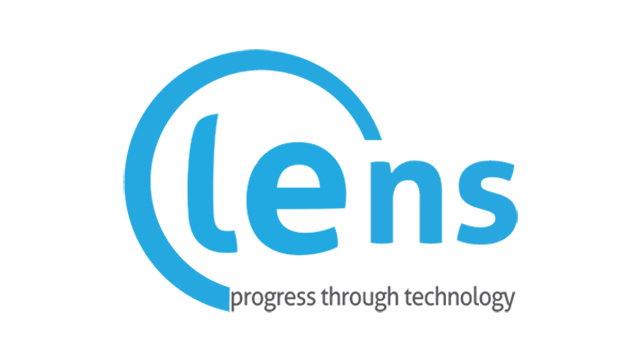The FBI has asked the Apple company to create the possibility of wiretapping on its phones, the latter has refused to do so and through an open letter has warned its customers.
Yesterday, in the context of San Bernardo's investigations, Apple was ordered by a federal court in the United States to help the Department of Justice open the phone used by one of the accused attackers.
This decision asks Apple to develop a malware that disables one of the security settings of the phone, which has the task of erasing a phone’s entire memory after 10 unsuccessful attempts to access. This deactivation leaves the phone open to external attacks such as password-finding algorithms, which greatly affects the future of data security.
Given the sensitivity and the major implications on data security, the issue of coding information has turned into a major debate on the need for state interception and privacy protection of users. Apple’s executive director Tim Cook, after the decision of the US federal court, addressed the general public with a letter in which he spoke about the concerns and threats of data security in the event of creating such a path through which the privacy and security of all users could be violated. In his letter Cook says that Apple has provided the FBI with all the information and has collaborated closely with them by offering engineers’ assistance in detecting evidence, however what the FBI is looking for is a hidden gateway on iPhone. Specifically, the FBI has asked Apple to develop a new iPhone operating system, which allows for bypassing some important security parameters, and would allow a password-seeking algorithm, through unlimited attempts to find the password of any user.
Although the FBI claims it would be a software that would only be used once, it is naïve to think that this hidden gateway will only be used once, as the FBI claims. Apple has refused to develop such software, however the debate on consumer protection and privacy in particular, has only just begun.
Lens is paying close attention to this debate and encourages local institutions to increase their attention to the privacy protection of users and electronic communication services and devices. We remind you that the law on spying electronic communications in Kosovo, proposed last year, was not voted by the parliament, the same was also strongly opposed by civil society for major defects. Our main concerns continue to be privacy and consumer protection in this process.
Otherwise, for this purpose, Lens has launched the implementation of a project titled “Protection of Human Rights in the Digital Age”. The project is supported by the European Commission and through it civil society organizations will, among other things, engage in the protection of rights of privacy in the digital era.
